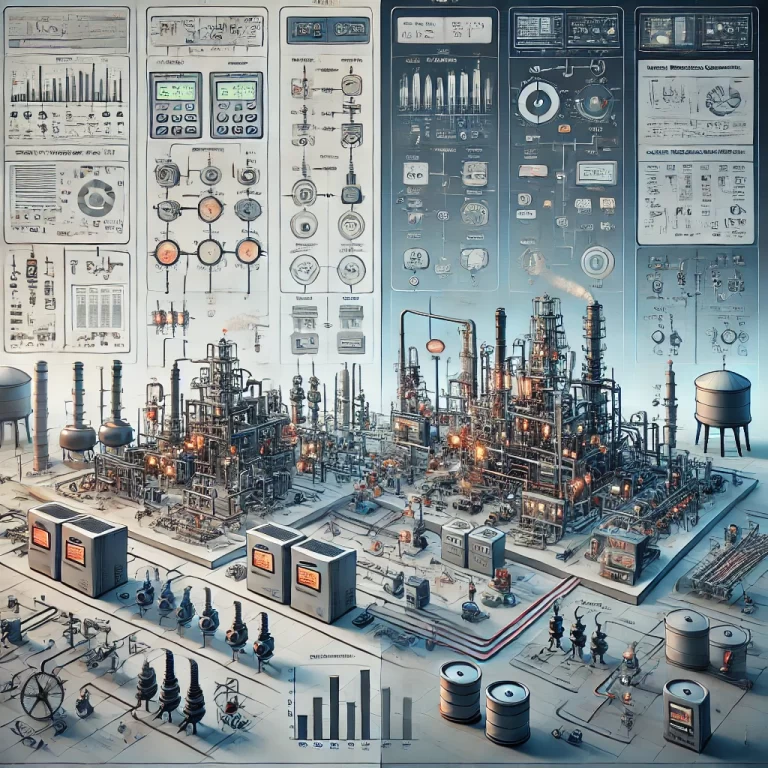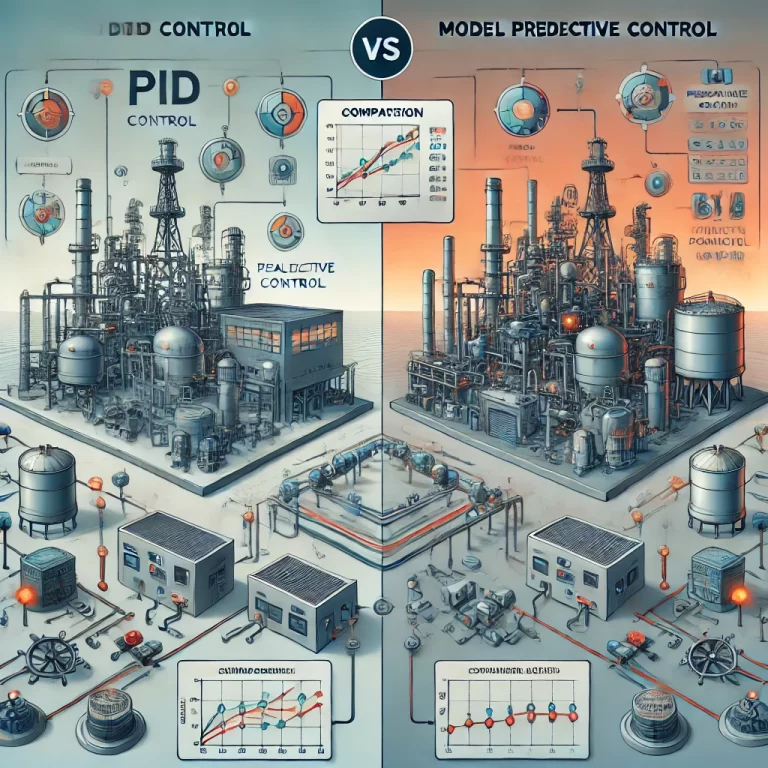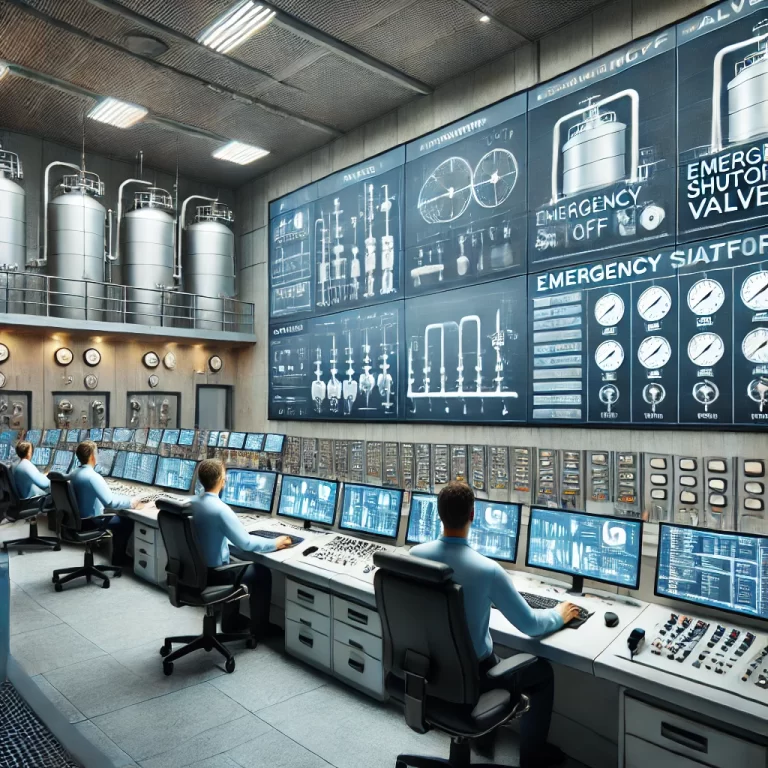Understanding this question is the first step toward doing any control optimization project right.
In industrial environments, a “control expert” may come from a variety of backgrounds: instrumentation selection, analytical modeling, control systems, algorithm design, lean management, continuous improvement, big data analytics, or even artificial intelligence. In my own career, I started with advanced process control and, in recent years, shifted focus toward PID tuning and practical automation improvements.
But here’s the key insight:
Factories are not primarily concerned with what type of expert you are. They care about what problems you can solve.

The Factory Is Only as Strong as Its Weakest Link
Just like a wooden barrel is limited by its shortest plank, a plant’s overall performance is constrained by its weakest subsystem. That could be instrumentation, operations, maintenance, or even management.
There are two key implications here:
Root causes are distributed — Solving one issue may require expertise in multiple domains. While some experts can resolve problems independently, most situations demand cross-disciplinary collaboration.
Problems are diverse and dynamic — Each specialist sees the plant through a different lens.
A process modeling expert focuses on optimizing process variables.
A lean engineer focuses on reducing waste.
A mechanical expert focuses on equipment reliability.
A data analyst looks for hidden patterns in plant data.
A control expert focuses on reducing manual intervention and improving automation.

A Control Expert Must Understand People, Not Just Systems
Automation exists to reduce manual effort and improve operational consistency. Therefore, a good control engineer must empathize with operators—understanding the pain points they face daily.
Human interventions can be both a symptom of poor automation and a source of process knowledge. By analyzing operator behavior, we can treat operations not just as a problem to be fixed, but also as a knowledge base to be learned from.
In control optimization projects, I focus on:
Minimizing operator intervention
Encouraging a plant-wide mindset of automation
Highlighting safety and efficiency gains through reduced human dependency
Collaboration: The Key to Project Success
A successful control project depends on engaging multiple departments—process, instrumentation, equipment, and operations. Everyone should contribute based on their expertise and share in the success, but no one should be burdened with responsibilities beyond their capability.
As a control expert, your role isn’t just to finish your own tasks. You must coordinate efforts, resolve bottlenecks, and lead the team to overcome challenges.

The Many Roles of a Control Expert
To be effective, a control expert must wear many hats:
Translator: Understand and interpret process requirements and convert them into automation strategies.
Doctor: Diagnose systemic issues, not just surface symptoms.
Coordinator: Bring together different stakeholders to collaborate toward common goals.
What Is a Real Expert?
Professor Song once said:
“An expert is someone who not only possesses deep knowledge in a specialized field, but also develops unique methods of thinking and solving problems in that domain. True expertise comes with a complete methodology and a clear mental model for dealing with complexity.”
In other words, it’s not about knowing more — it’s about thinking better and solving smarter.

Final Thoughts
Factories don’t need theoretical geniuses who stay in their silos. They need control experts who:
Understand the big picture
Collaborate across disciplines
Translate complexity into action
Solve real problems and create real value
If you can do that, then you’re the kind of expert every factory is looking for.
